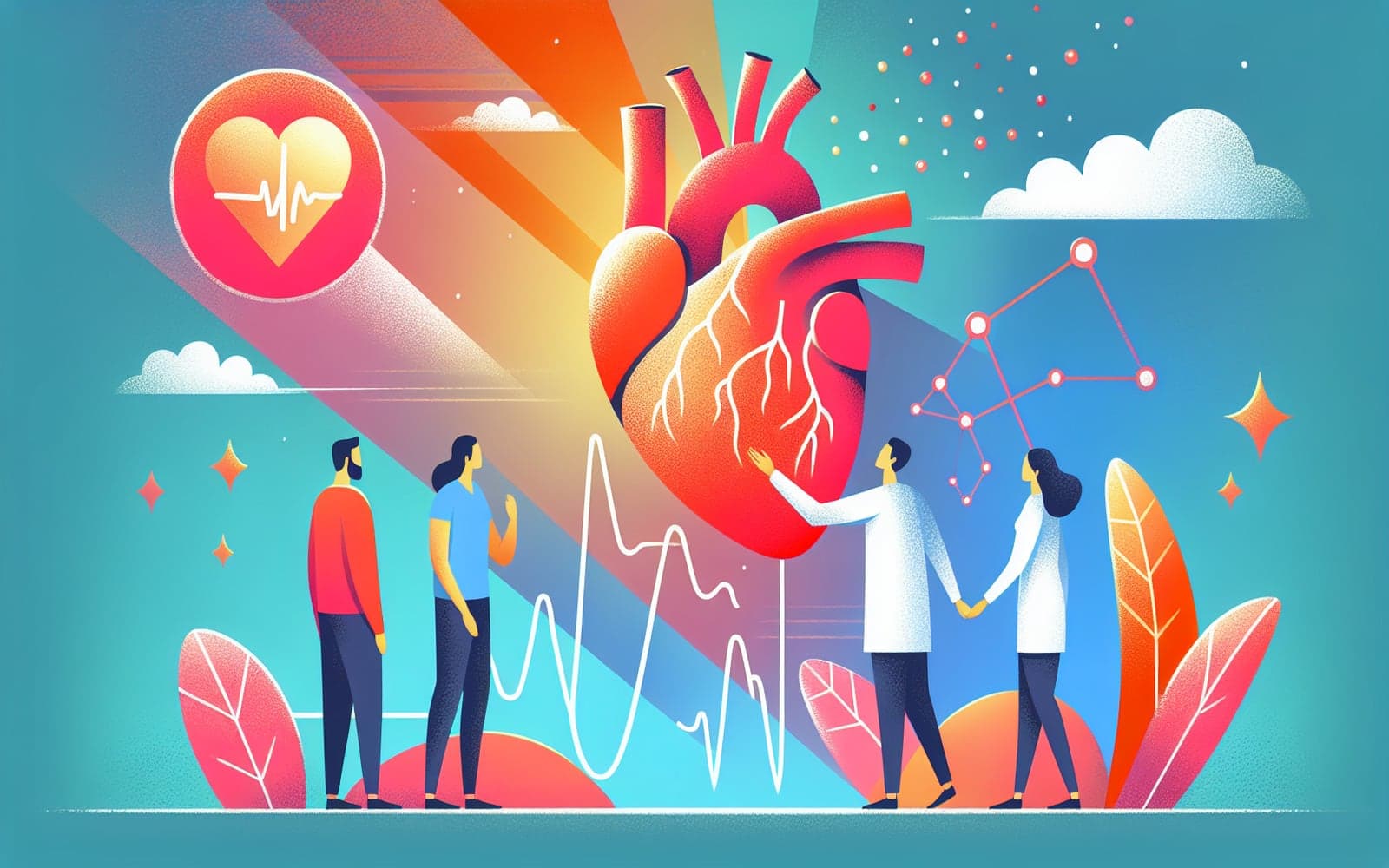What's Behind Your Chest Pain? Unraveling the Mystery!
Published: Feb 20, 2024
Chest pain can be scary, but it doesn't always mean a heart attack is looming. Let's explore the common causes and what they mean for you.
Contents
Life-Threatening Causes
Certain conditions like acute coronary syndrome, aortic dissection, and pulmonary embolism can be life-threatening and require immediate medical attention. If you're experiencing severe, sharp, or tearing chest pain, it's crucial to seek emergency care. Women, diabetics, and younger people may not have typical chest pain but can show symptoms like nausea or weakness.
Common Non-Life-Threatening Causes
Many chest pain cases are due to less severe conditions like heartburn or muscle strains, which are frequent in primary care settings. Reflux esophagitis and costochondritis are common culprits and are generally manageable with lifestyle changes and medications. Knowing your body's signals can help differentiate between serious and less critical conditions.

Psychological Factors
Stress and anxiety can also manifest as chest pain, often leading to panic attacks that mimic heart conditions. It’s important to understand that mental health can impact physical health, and managing stress can alleviate these symptoms. Therapy and relaxation techniques can be effective in reducing anxiety-related chest pain.
Frequently Asked Questions
Only about 2-4% of chest pain cases in primary care are life-threatening.
Yes, stress and anxiety are common causes of non-cardiac chest pain.
Yes, reflux esophagitis is a frequent cause of chest pain.
Women may have atypical symptoms like nausea or fatigue instead of chest pain.
Key Takeaways
Understanding the root of your chest pain is crucial—when in doubt, seek medical advice.
Talk to Doctronic today to uncover the cause of your chest pain and find peace of mind.Related Articles
References
Rui P, Okeyode T. National Ambulatory Medical Care Survey: 2016 national summary tables.
Heron M. Deaths: Leading Causes for 2017. Natl Vital Stat Rep 2019; 68:1.
Always discuss health information with your healthcare provider.

